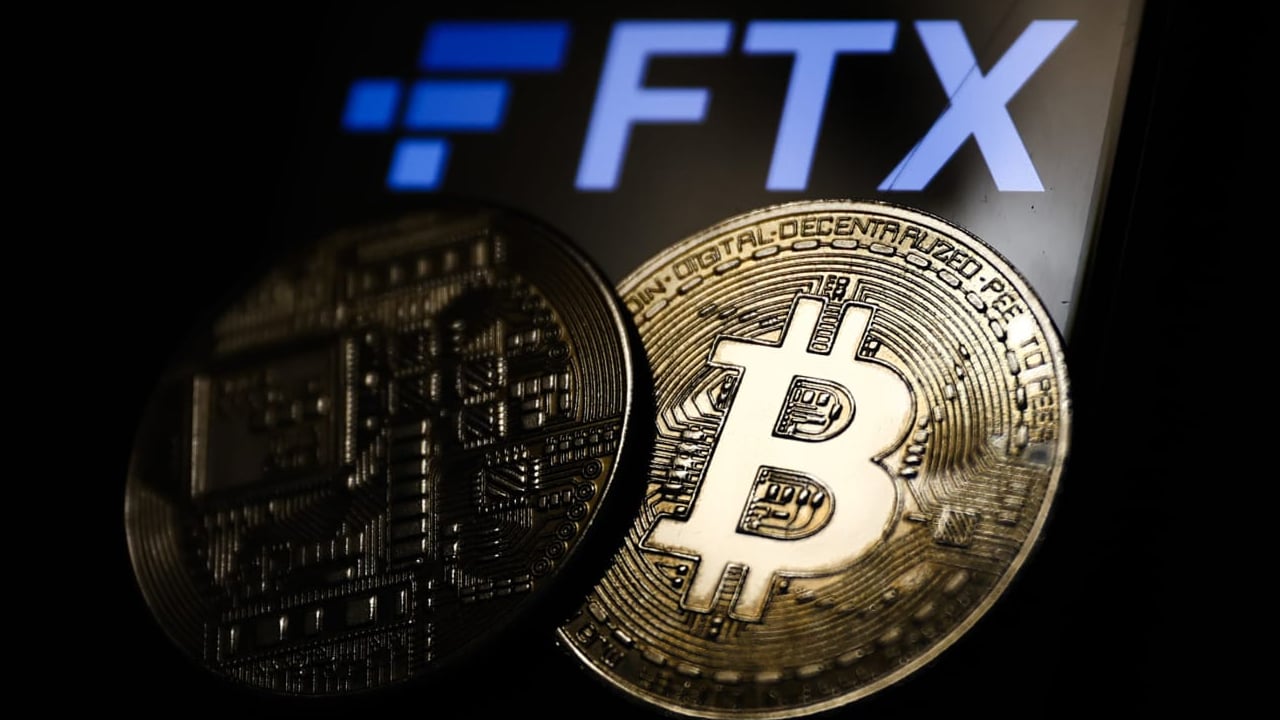Former employees of the financial technology company Revolut have embarked on a new venture in the cryptocurrency realm, unveiling the X10 exchange and securing a noteworthy $6.5 million in its inaugural funding cycle. This endeavor is poised to make waves in the industry by addressing a gap left in the market landscape, one previously occupied by FTX, a prominent exchange established by Sam Bankman-Fried, who is reportedly currently serving time in prison, as per insights from Sifted.
The funding endeavor was spearheaded by Tioga Capital, drawing support from a consortium of notable investors including Semantic Ventures, Cherry Ventures, Starkware, and Cyber Fund.
At the helm of X10 are the seasoned minds of Ruslan Fakhrutdinov, former head of crypto operations at Revolut, Dmitrii Krasovskikh, previously the technical lead, and Stefano Franz, who served as the lead crypto engineer in their tenure at Revolut. This formidable team brings a wealth of experience and expertise to the table, poised to steer X10 towards success in the dynamic landscape of cryptocurrency exchanges.
In contrast to Revolut, X10 operates as a “self-custodial” cryptocurrency exchange.
X10 stands out in the cryptocurrency exchange arena by positioning itself as a “self-custodial” platform, strategically bridging the gap between centralized and decentralized systems.
In the nascent stages of Bitcoin’s emergence, the ethos of decentralization reverberated strongly throughout the crypto community. However, as the industry evolved, centralized exchanges like Coinbase, Kraken, and Binance emerged as dominant players. These platforms offered unparalleled convenience and user-friendly interfaces, yet at the expense of users relinquishing control of their funds to a central authority.
On the flip side, decentralized exchanges (DEXs), exemplified by platforms like UniSwap, championed the principles of self-sovereignty by enabling peer-to-peer transactions without the need for intermediaries. This decentralized model provided users with heightened security and autonomy over their assets, but often at the cost of a less intuitive user experience.
In this landscape, X10 steps in with a novel approach, seeking to amalgamate the strengths of both centralized and decentralized models. By allowing users to retain custody of their cryptocurrencies in their personal wallets, X10 empowers individuals with greater control and security over their assets. However, unlike traditional DEXs, X10 leverages a centralized system for trade execution, enhancing user experience by providing a smoother and more intuitive trading interface.
He pondered, “What measures can we implement to ensure this doesn’t occur in the future?”
“To be honest, the answer was always in the blockchain technology itself…one of the purposes of blockchain is to allow for selfcustody — let’s call it financial freedom.”
X10 is driven by the aspiration to empower individuals with financial autonomy and uphold integrity and openness in trading, all the while prioritizing user-friendly interfaces.
Operating primarily on centralized servers, X10 mandates that traders log in using their crypto wallets, facilitating trades directly on the blockchain. This approach underscores the platform’s commitment to transparency and security.
Initially catering to seasoned investors, X10 mirrors FTX’s ethos of being “built by traders, for traders.” However, Fakhrutdinov hints at the possibility of X10 broadening its horizons in the days ahead.
X10’s debut coincides with a period of market rebound.
X10’s introduction synchronizes with the resurgence observed in the cryptocurrency market.
Top CEXs by Volume | 26/4/24
1- @Binance
2- @CoinWOfficial
3- @BlueBit_io
4- @LBank_Exchange
5- @OKX
6- @BitGetGlobal
7- @BitMakeOfficial
8- @ByBit_Official
9- @Digifinex
10- @Toobit_OfficialSource: @CoinMarketCap pic.twitter.com/WK4rUgQyPf
— Sjuul | AltCryptoGems (@AltCryptoGems) April 26, 2024
Fakhrutdinov acknowledges the advantageous market conditions and expresses appreciation for launching during a bullish period. The secured funding will be channeled into the further development of the cryptocurrency trading platform, with plans to include the creation of a mobile application.
Furthermore, the recent approval of eleven Bitcoin exchange-traded funds (ETFs) by the US Securities and Exchange Commission (SEC) has infused additional optimism into the industry.
According to Bybit’s 2024 Institutional Industry Report released on April 18, centralized cryptocurrency exchanges (CEXs) like Binance experienced a significant surge in trading volumes between October 2023 and March 2024. Notably, OKX witnessed a remarkable 278% increase in 30-day volumes since October, closely followed by Binance with a surge of 239%. Bybit exchange also demonstrated substantial growth, with a noteworthy 264% increase in trading volumes during the same period.
These exchanges have surpassed the industry’s average growth rate of 255%, as confirmed by a spokesperson for Bybit. Additionally, the U.S.-based exchange Coinbase observed growth, albeit slightly trailing behind with a 193% increase in trading volume.
READ MORE ABOUT: Voyager in Bankruptcy Settlement Agreement with FTX to Address Mutual Claims



